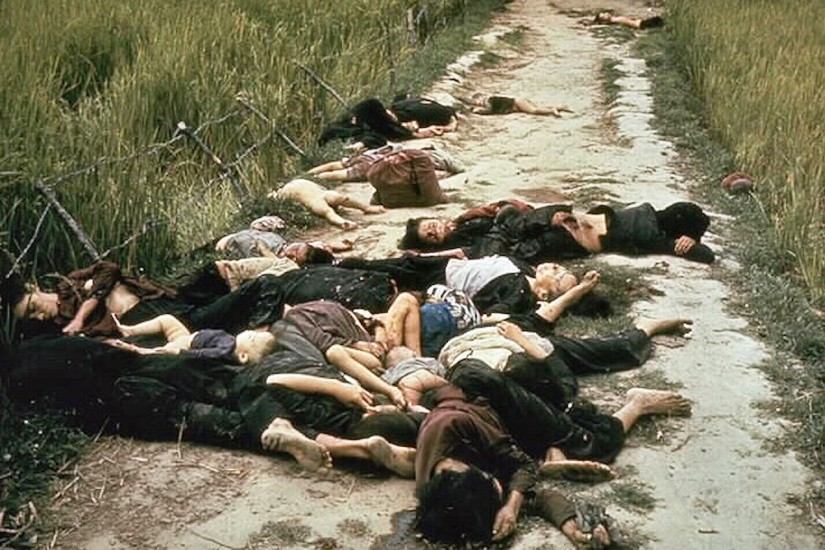The closest Calley ever came to publicly apologizing for My Lai was at a 2009 meeting of the Kiwanis Club of Greater Columbus. Fleming set up the talk, on a Wednesday afternoon. No reporters were invited, but a retired local newsman surreptitiously blogged about it online and the local paper picked up the story. “There is not a day that goes by that I do not feel remorse for what happened that day in My Lai,” Calley told the 50 or so Kiwanis members. “I feel remorse for the Vietnamese who were killed, for their families, for the American soldiers involved and their families. I am very sorry.”
The historian Howard Jones, author of My Lai: Vietnam, 1968, and the Descent into Darkness, read Calley’s words in news reports but didn’t believe they showed true contrition. “There just was no inner change of heart,” Jones told me. “I mean it just wasn’t there. No matter how people tried to paint it.” Jones especially took issue with the fact that Calley insisted in the Kiwanis speech that he’d only been following orders.
It’s still unclear exactly what Capt. Ernest L. Medina told the men of Charlie Company the night before they were helicoptered into Son My. (He did not respond to interview requests for this story.) The captain reportedly told his soldiers that they were finally going to meet the Viet Cong’s 48th Local Force Battalion, a well-armed division of at least 250 soldiers, which for months had tormented them. Medina later claimed that he’d never told his men to kill innocent civilians. He testified at Calley’s court-martial that Calley had “hemmed and hawed” before admitting the extent of the slaughter. He said Calley told him, two days after the massacre, “I can still hear them screaming.” Medina himself was charged, tried and found innocent.
I wanted to get firsthand reports from other Charlie Company men who were at Son My, so I started making calls and writing letters. I eventually reached five former soldiers willing to speak on the record. Dennis Bunning, a former private first class in Second Platoon who now lives in California, remembered Medina’s pep talk this way: “We’re going to get even with them for all the losses we’ve had. We’re going in there, we’re killing everything that’s alive. We’re throwing the bodies down the wells, we’re burning the villages, and we’re wiping them off of the map.”
